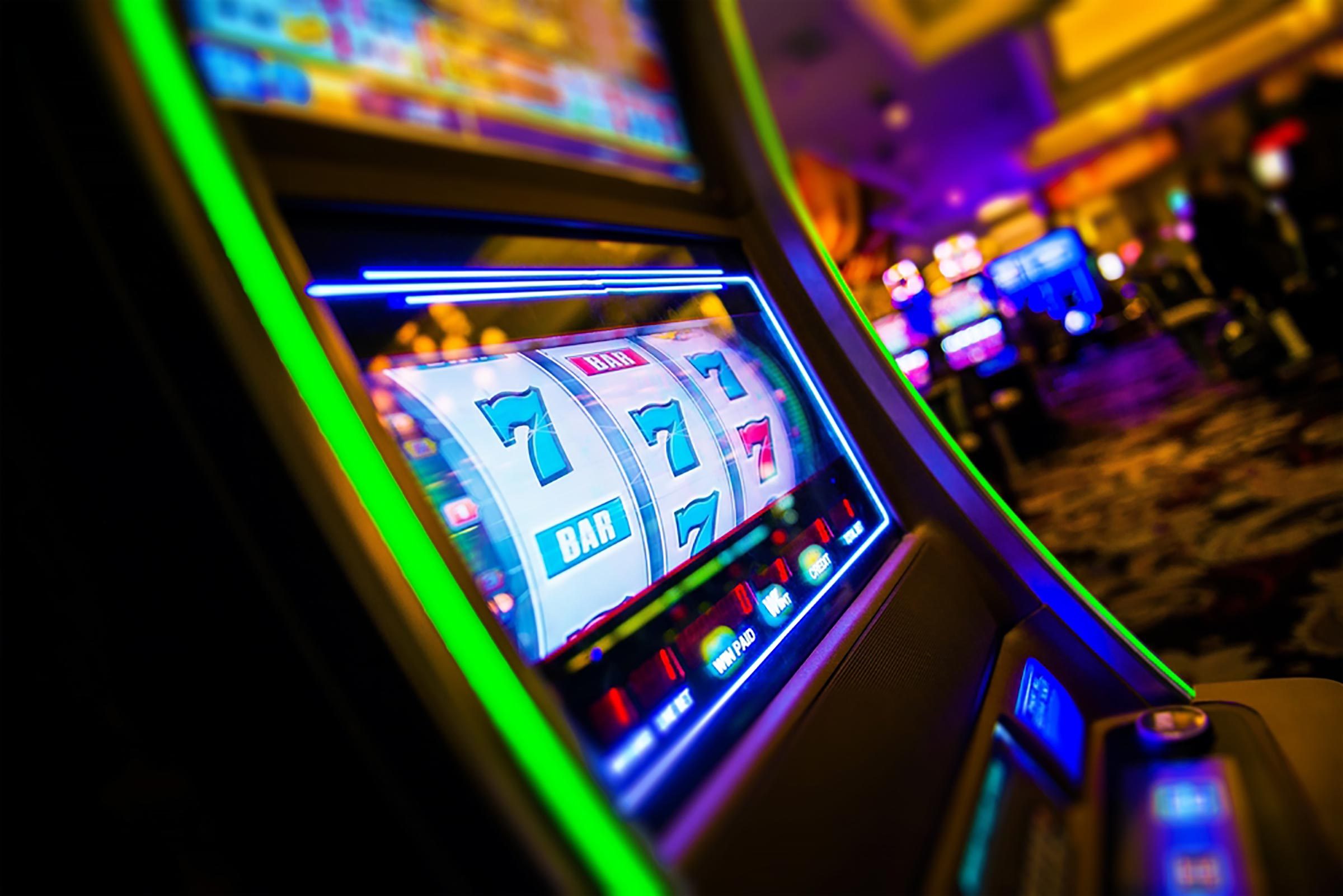
When we think of casino games, the first pictures that often cross our minds are those of rotating wheel devices, poker chips clinking on felt tables, and cubes rolling across a gaming surface. While many view these games as mere pastimes fueled by luck, a deeper exploration reveals a captivating blend of tactics, expertise, and community engagement that elevates them well beyond simple luck. Whether you are a seasoned player or a inquisitive newcomer, grasping the nuances of these games can greatly enhance your experience and appreciation.
Casino activities have evolved over hundreds of years, with various cultures contributing to their rich histories and different forms. From the intricate tactics of 21 to the bluffing tactics in card games, players engage in a battle of intellect as much as a risk on odds. This exciting interplay between chance and skill creates a thrilling atmosphere that draws millions to gambling establishments worldwide. As we delve into the realm of table activities, we will uncover the methods that can tilt the odds in your favor and the community elements that make these activities a popular choice for entertainment and engagement.
The Approach of Table Gaming
Casino gaming often involve a mix of skill and luck, making them intriguing for players who enjoy a test. Every game has its unique set of rules and strategies that can influence the results. For example, in titles like 21, participants are obliged to use strategies like counting cards and grasping the probabilities to make informed decisions. This skill set can greatly improve the victory potential, distinguishing experienced participants from beginners who may depend entirely on chance.
Conversely, games such as roulette may appear to be entirely based on chance, but tactical thinking can also play into the equation. Players can choose between different wagering strategies, such as the Martingale strategy, in which they raise the bets after a loss. This approach can create a more controlled way to the game. Understanding the probabilities of specific bets can also help participants make better decisions on the table, showcasing that even titles of chance, strategy can enhance the enjoyment.
Furthermore, the game of poker is notable as a game that heavily emphasizes strategy. Unlike most gaming titles, poker combines skill, psychology, and luck. Participants must also concentrate on the hands they are given but also take into account their rivals’ behavior and betting patterns. Mastering concepts like table position, pot odds, and reading bluffing is essential for success. This complexity of strategy in the game of poker often creates to a more engaging experience for players, where the decisions and skills greatly impact the match’s outcome.
Grasping Likelihood and Odds
In the domain of casino games, probability and odds have a crucial role in deciding a gambler’s possible consequences. Every game has its own collection of rules that dictate how the probability of succeeding or losing is calculated. For example, in matches like 21, participants have a opportunity to influence their odds through planning, whereas in games like the wheel, the outcomes are entirely governed by chance. Grasping how these chances are calculated can greatly affect how a gambler approaches the match.
Odds are typically shown in two formats: ratio and numeric. Fractional ratios represent the ratio of the amount won to the sum staked, whereas numeric ratios show the total return for a winning wager, which includes the stake. For instance, if a match has odds of 5 to 1, this means that for every one unit bet, a gambler could win five dollars if successful. Knowing how to interpret these odds enables gamblers to evaluate their potential earnings and make more wise choices during gameplay.
Gamblers should also be aware of the house edge, which is the casino’s inherent advantage over the gamblers. Each match has a different house edge, and grasping this idea is crucial for handling one’s hopes and budget. Activities with a reduced advantage, such as blackjack and chemin de fer, typically offer superior odds for players compared to activities like slots and lottery. By acknowledging the relationship between chance, odds, and the house edge, gamblers can enhance their gambling experience and strategize more effectively.
The Social Aspect of Table Gaming
Table games at casinos are often seen as a center of social interaction, bringing participants together in a collective experience that extends far beyond the mere act of playing games. The atmosphere at a blackjack table can be vibrant, with players engaging not only with the game itself but also with one another. non UK registered casino Laughter, cheers, and, occasionally, playful teasing create connections that improve the overall experience of the gaming experience. This communal aspect can turn a solitary endeavor into a dynamic gathering, making table games particularly enticing.
One of the fascinating elements of gaming at tables is the way it cultivates camaraderie among participants. Whether it’s teaming up to beat the dealer at a craps table or sharing stories between hands in a card game, the environment encourages interaction. Participants often share tips or strategies, creating a sense of togetherness that enhances the fun. This social dynamic can make new gamblers feel welcomed and less intimidated by the competitive nature of gaming. As the game progresses, friendships may form, leading to a sense of belonging that keeps participants coming back to the table.
Moreover, the social aspect of gaming at tables extends beyond just the players. Casino staff play a crucial role in encouraging interaction and maintaining the flow of the game. Their ability to engage players with friendly conversation and their expertise in managing the table can create an welcoming atmosphere. This relationship between participants and dealers adds another layer of enjoyment, where players feel connected not only to each other but also to the staff. Such interactions are often what make the experience memorable, as participants leave with tales to tell and connections made, reinforcing the notion that gaming at tables are truly about more than just chance.